The Best Floor Types For Your Bathroom
Your bathroom goes through a lot. Whether it’s the steam from your shower or the spray from the sink, each and every surface has to tackle daily changes to temperature and moisture. So how do you preserve your bathroom properly? Choosing the right flooring is a great place to start, but unlike the rest of the rooms in your house, bathroom flooring has to deal with one major factor: lots and lots of water.
Pick the right flooring and you can keep your bathroom well protected and flood-free for years to come. Pick the wrong flooring and you could have Noah’s ark situation on your hands. To help you decide, we’ve laid out the most suitable types of flooring for the wettest room in the house, and some which you should definitely avoid.
The Best Flooring Types
Porcelain or Ceramic
Stylish, waterproof and easy on the wallet, porcelain tiling has so many design options and is extremely good for bathroom floors. But what’s the difference between the two? Porcelain counts as part of the ceramic tile family that has a very low water absorption rate: 0.5% or less.
Tiling is an ideal choice for wet rooms, as they clean up well, resist water and come in a variety of shapes, colours and sizes. Whether you’re looking for an octagonal mosaic effect or something simple and square, tiles are a versatile and often colourful option. These marble porcelain tiles from Rak are a best-seller here at Unbeatable Bathrooms.
Grout seals the seams from moisture and ensures your bathroom stays damp-free. Whilst tiles can be cold to the touch, radiant or heated tile can be laid under the flooring to keep chilled toes at bay.
Vinyl
When it comes to flooring, nothing is more practical than vinyl. Used in bathrooms for decades, vinyl can be laid in either sheets, planks or tiles, and is often a do-it-yourself job, meaning that there are thousands of options available. How do they differ? Vinyl tile is extremely simple to install and made from waterproof plastic for maximum protection against water.
The only potential downside is that vinyl tiles are only as effective as the seams between them. Lots of gaps or poorly laid seams won’t be healthy for your floor. The best way to combat this? Go for vinyl planks or sheets instead. Planks come in narrow widths and long lengths, meaning that you have fewer seams to deal with than tiling. Sheet vinyl flooring is best for a family bathroom or a room which is heavily used, but we’d always recommend getting a professional to lay this for you.
Concrete
It’s all too easy to hear the word ‘concrete’ and let your mind drift to heavy mixers and driveway surfaces, but concrete is actually a surprisingly popular choice for bathrooms. No amount of water can ruin a concrete floor, making this surface a great choice for any families with lots of splash-filled bathtimes.
It also scores very highly on the maintenance test, as aside from a periodic sealing of the surface to prevent stains, concrete is effectively maintenance-free. For everyday cleaning, you can sweep, vacuum, dry-mop, or wet-mop as much or as little as you like.
Concrete does tend to feel colder than most other flooring options, but this issue can be mitigated if you're pouring a new concrete slab, as you can pour the slab over insulation (as a thermal barrier over the ground) and lay electric wires or hot-water tubing inside the slab to heat floor itself. Due to its thermal mass, concrete is an excellent material for in-floor heating.
Natural Stone
If you have the budget for it, natural stone is a beautiful and luxurious choice for your bathroom floor. Whether you go for marble, granite or limestone, natural stone is hard and durable. The main benefit of natural stone is its aesthetic appeal.
Every quarry in the world has a slightly different form of stone, and each slab within that quarry also has different veining and colouring. The beauty of choosing natural stone for your floor is that your bathroom will be different from every other bathroom in the world.
Whilst the cost of this makes it a pricey investment, going for natural stone means that you will have a look that is totally original and can’t be recreated anywhere else.
Floor Types To Avoid
Carpet
We don’t need to have to go into too much detail to explain why carpet is such a bad idea for your bathroom floor. Absorbent and slow to dry, stepping onto the carpet every time you get out of the bath is a fast-track way to encourage mould and mildew to grow.
It’s almost impossible to keep carpets clean when surrounded by so much condensation in the air, so your floor is likely to stay damp for long after your morning shower. Combine this with the fact that bathrooms with carpet flooring often have a dank, musty smell and we’d say this is definitely a flooring option to avoid!
Solid Hardwood
Solid wood flooring might be a real winner for your hallway or living room, but it’s never recommended for the wettest room in your house. The excess moisture weakens the wood, causing it to warp and crack, and even a top coating of protection won’t be enough to avoid the planks rotting.
Stick to engineered wood if you’ve got your heart set on wooden flooring. Engineered wood has a plywood base that holds up much better against moisture and will save yourself lots of hassle down the line.
Whichever floor type you end up choosing for your bathroom, be sure to explore our great selection of bathroom tiles that we have on offer here at Unbeatable Bathrooms.





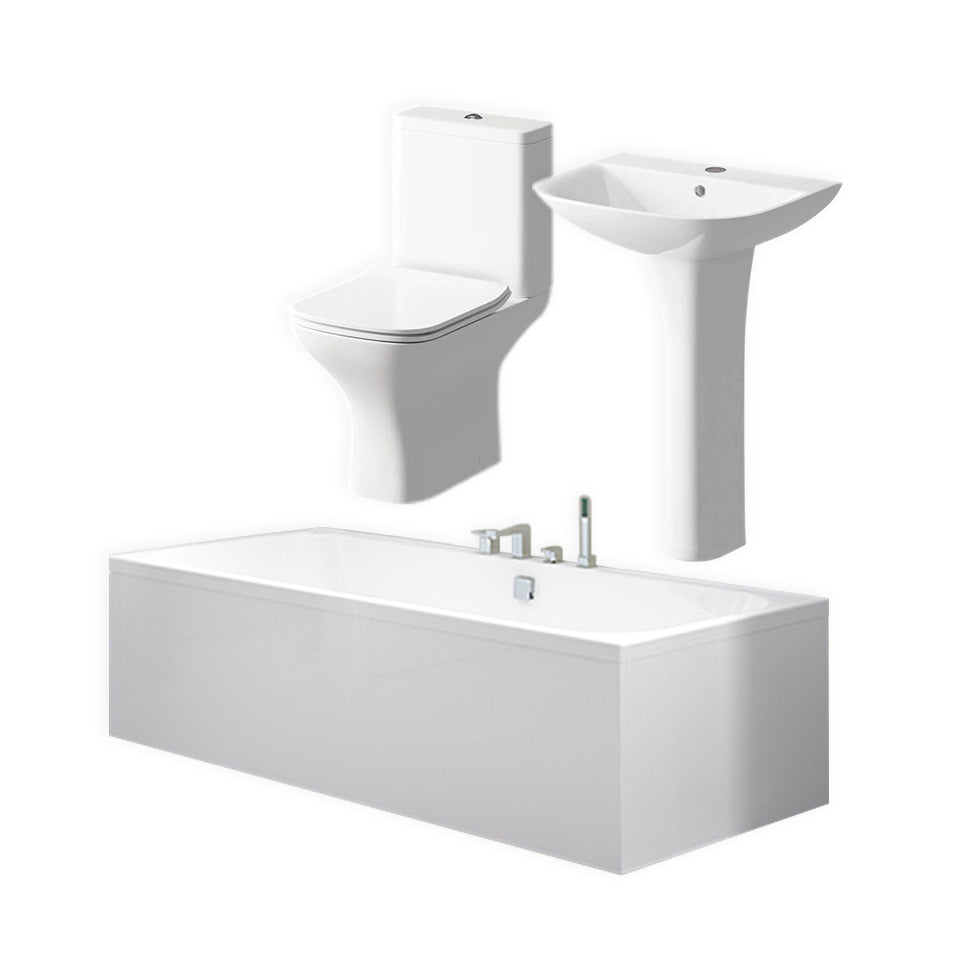
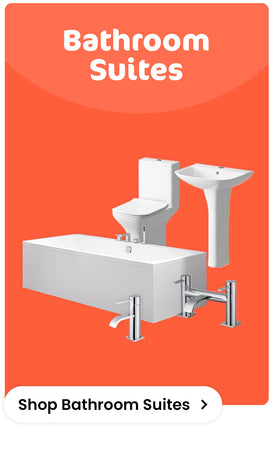
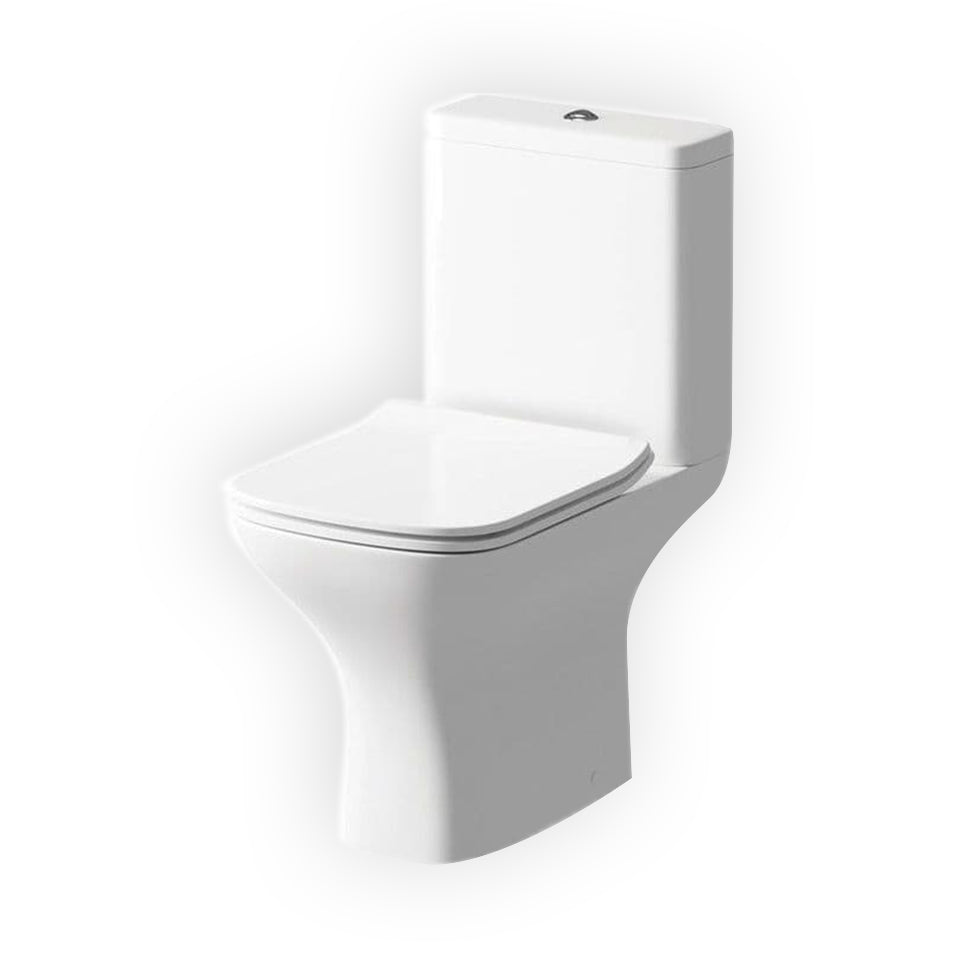
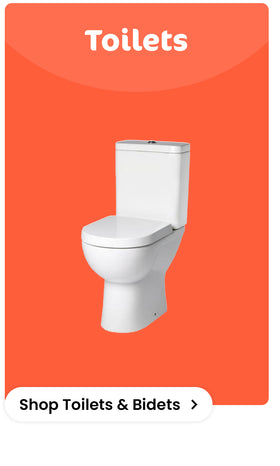
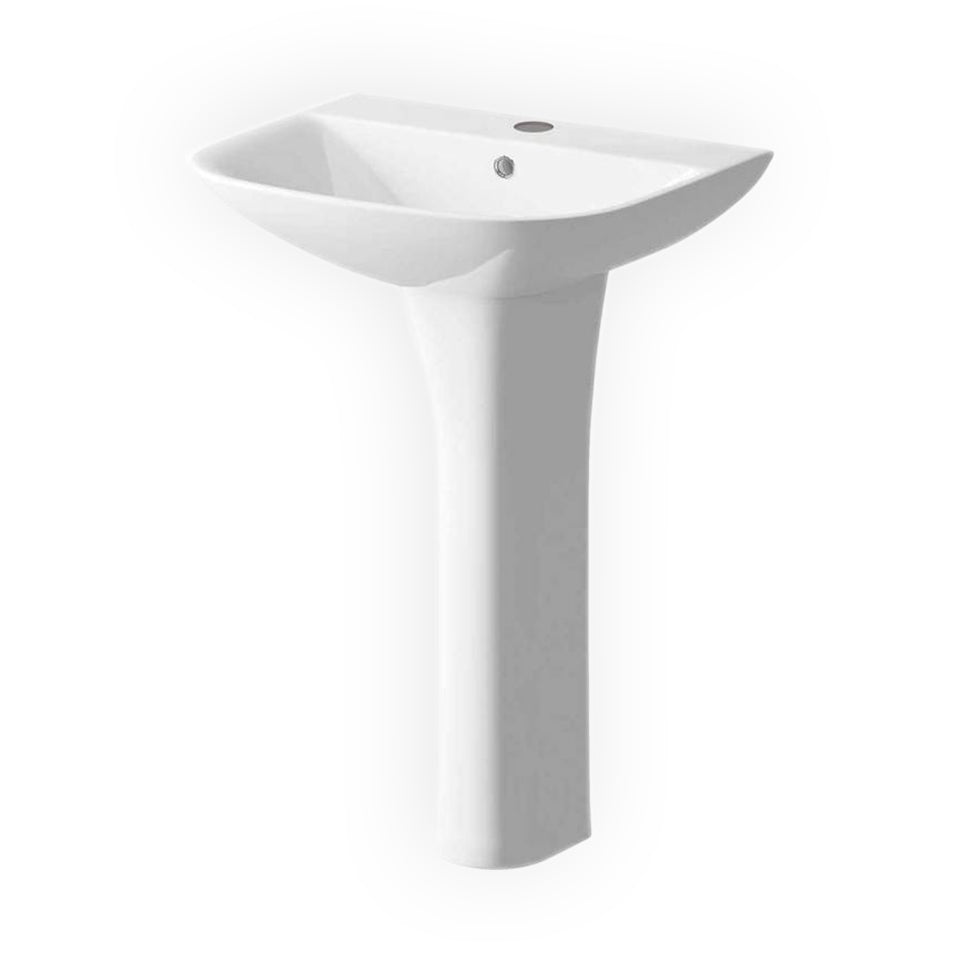
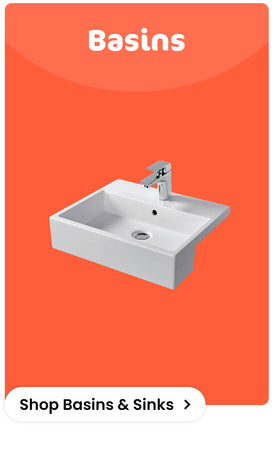
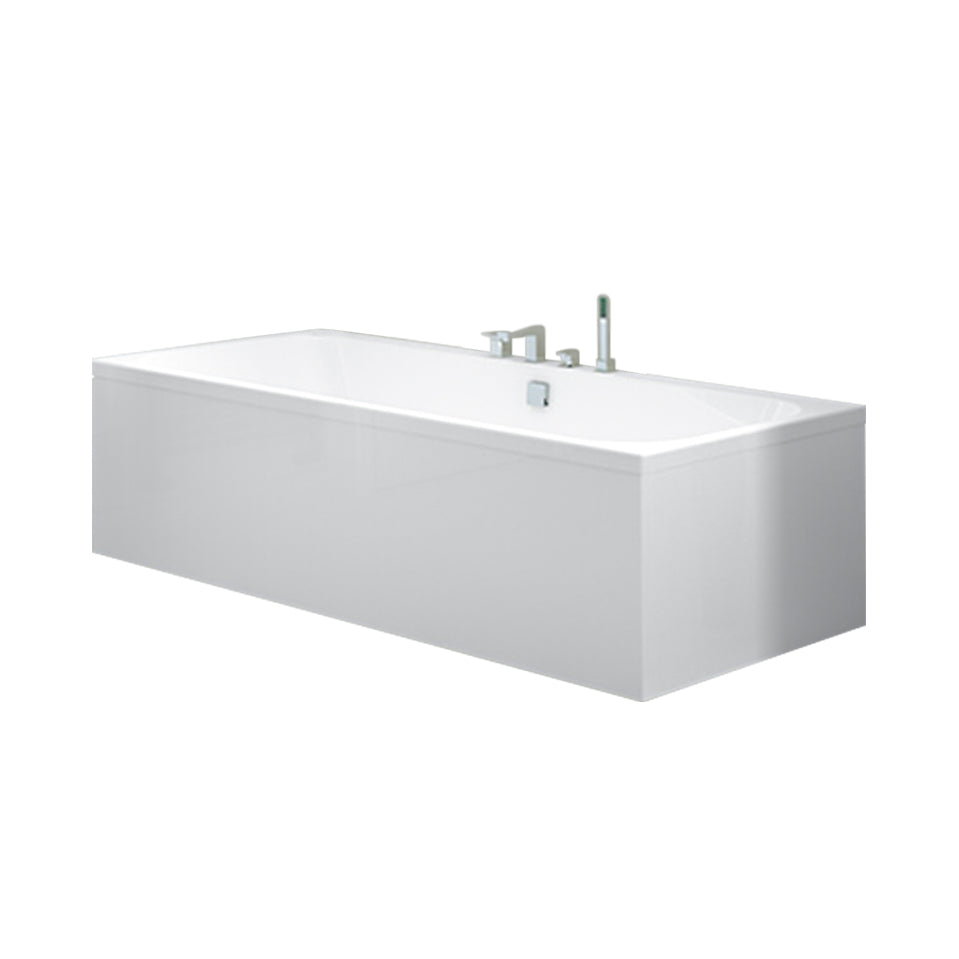

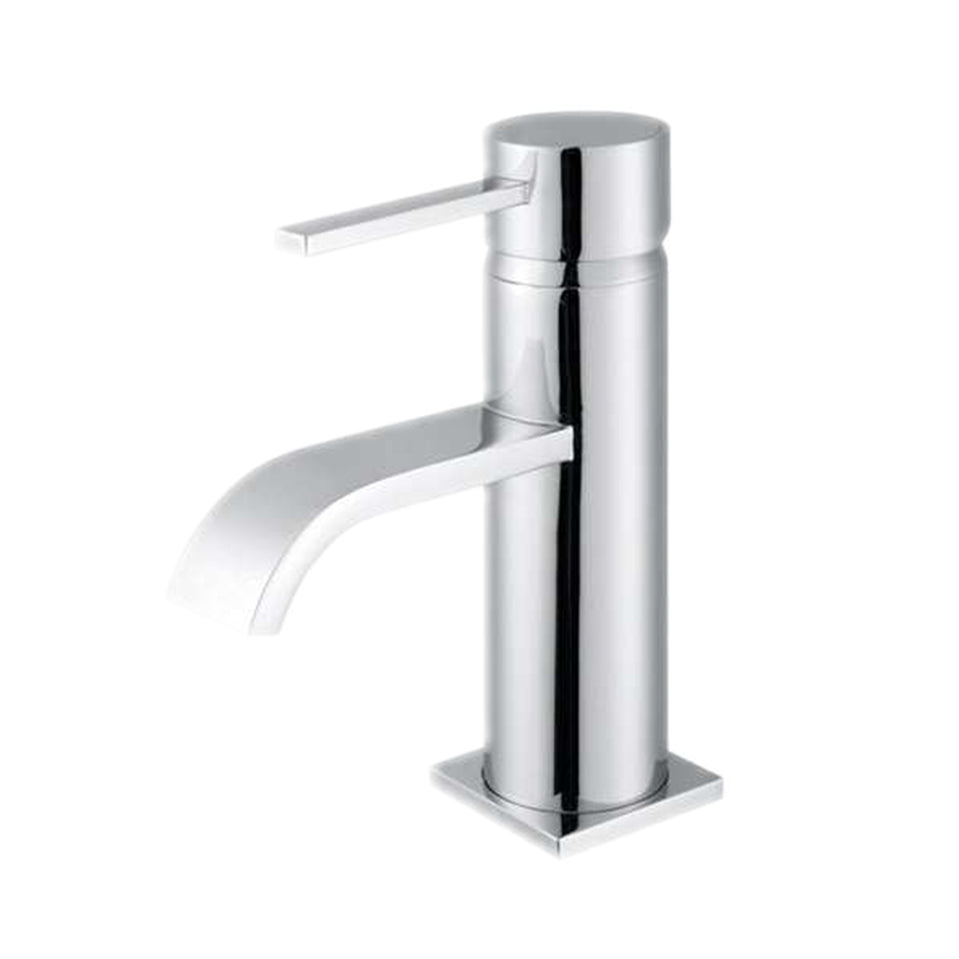

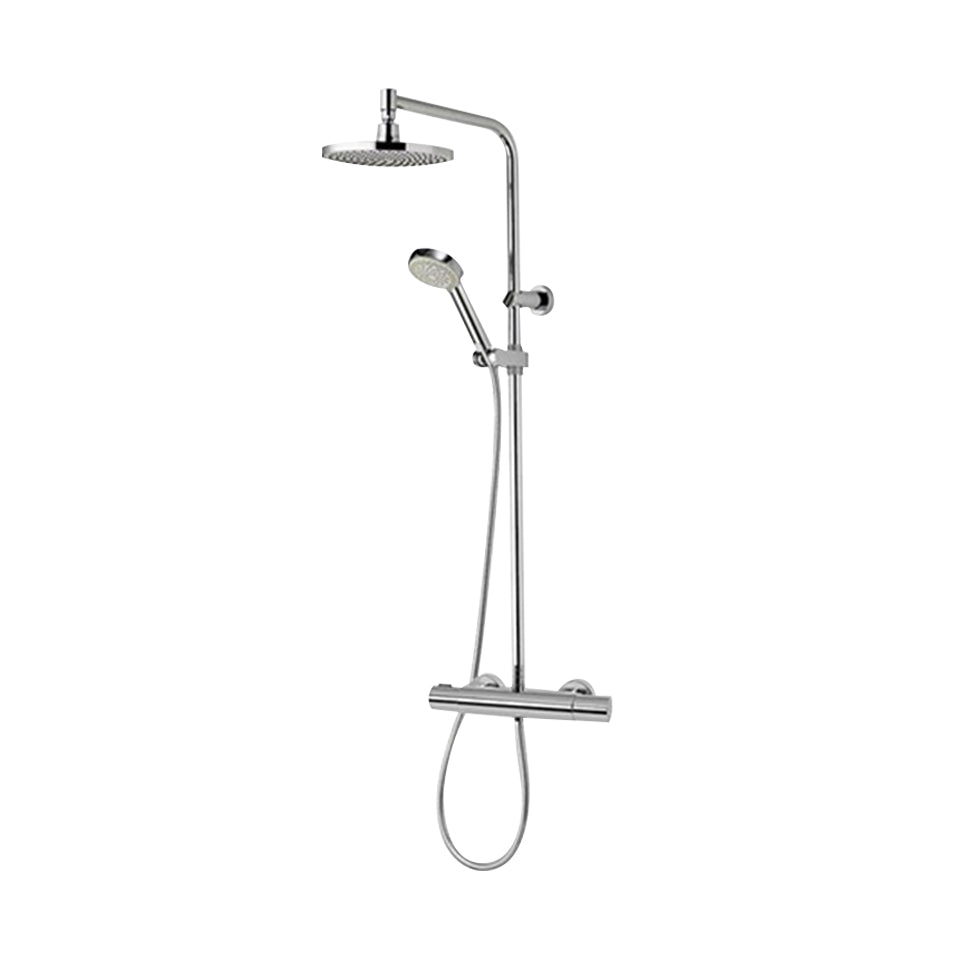

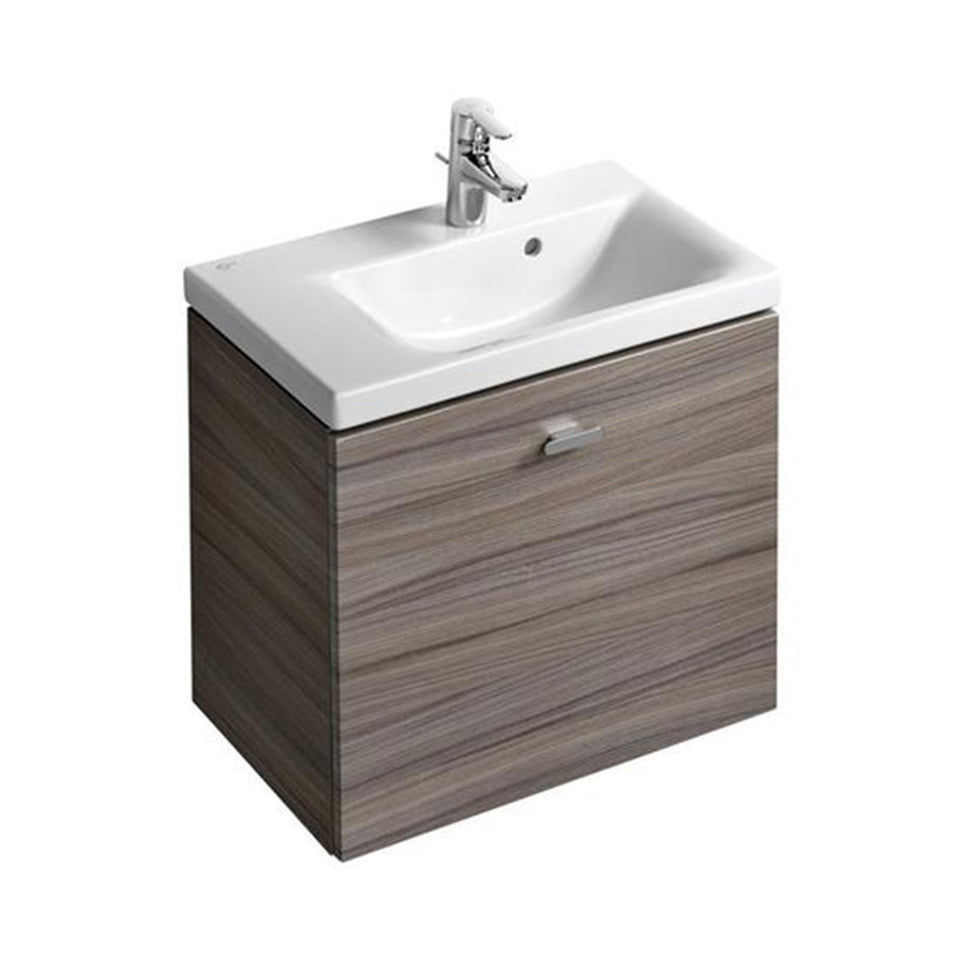
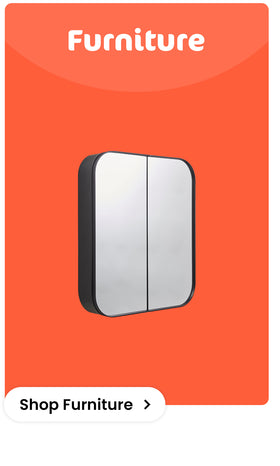
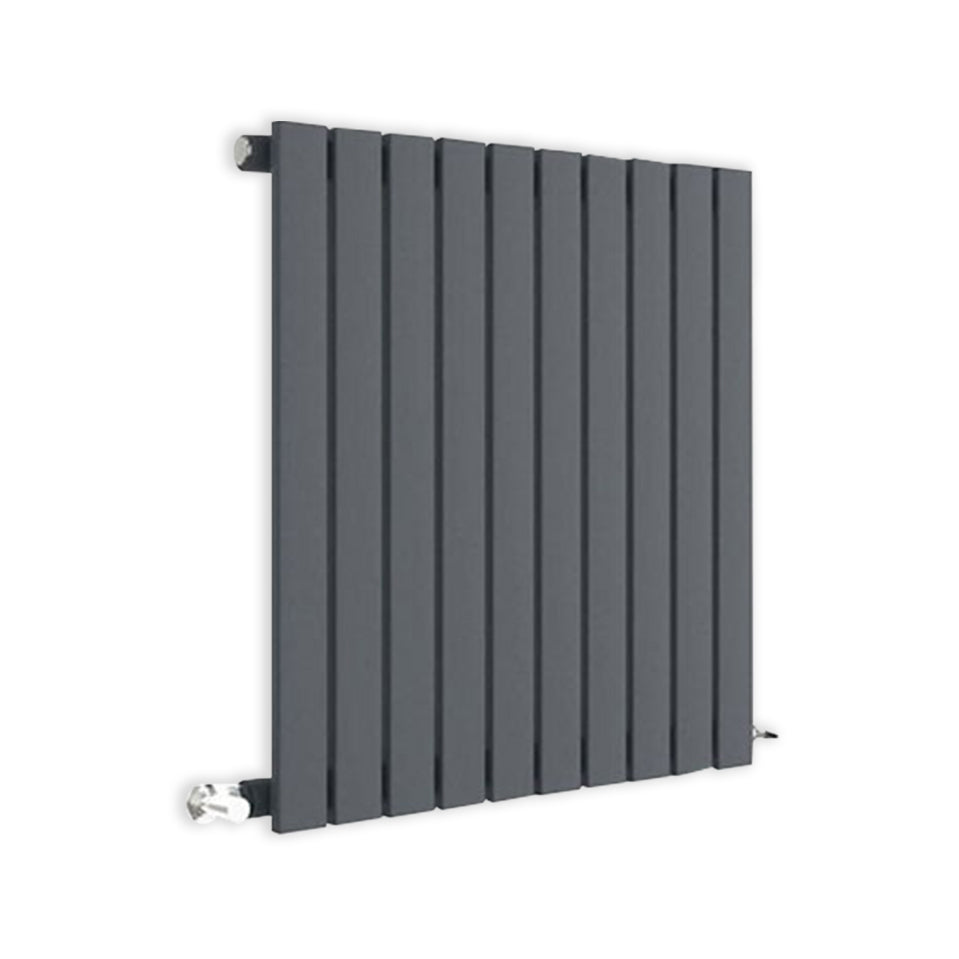


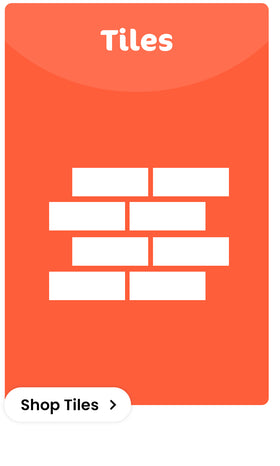








Leave a comment